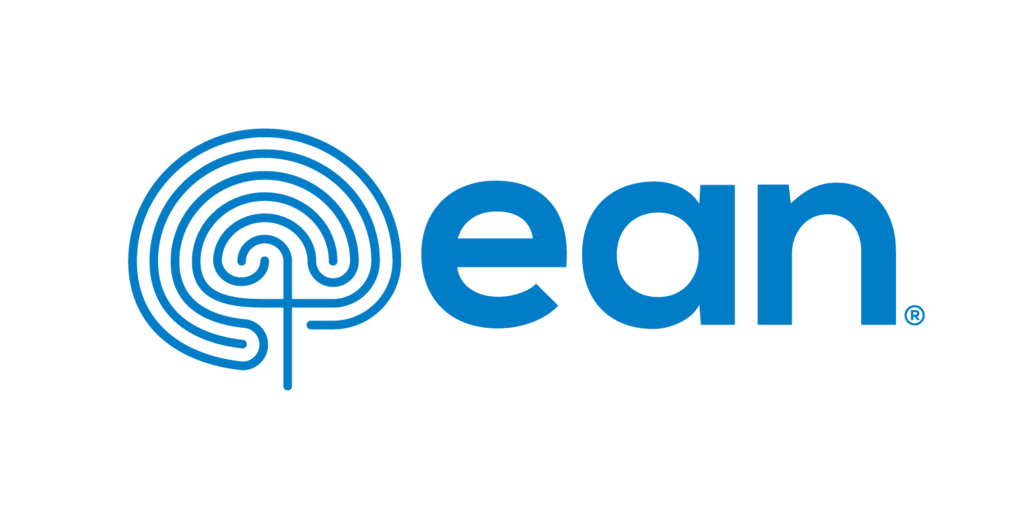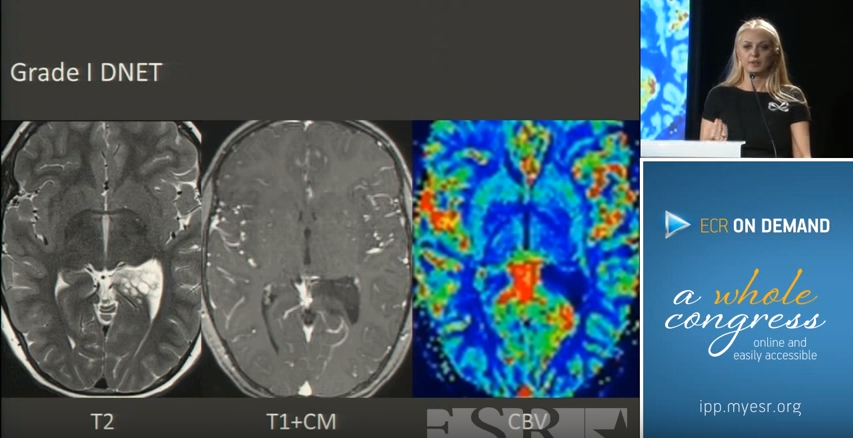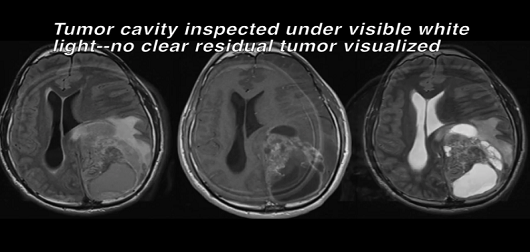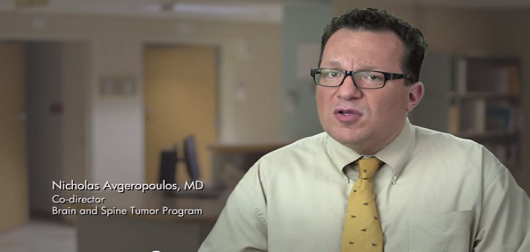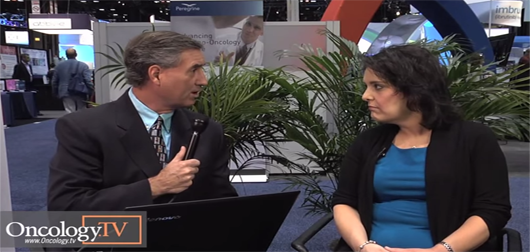Neurological Oncology
An Introduction to Neurological Oncology
Neurological oncology is a rapidly evolving field, encompassing diagnosis and management of primary and metastatic tumours of the CNS, and complications of systemic cancers or cancer treatment. Neuroimaging advances have allowed accurate screening for intracranial disease at initial cancer diagnosis, precise targeting of intracranial lesions during treatment, and differentiation of treatment effects from disease progression by incorporating functional imaging. Our ability to achieve total resection of gliomas has improved significantly. Other advances include tumour-treating fields; hippocampal-sparing whole-brain radiotherapy (WBRT); WBRT with memantine; parotid-sparing WBRT; use of artificial intelligence with stereotactic radiotherapy; and systemically delivered immunotherapies, including vaccines and immune checkpoint inhibitors.
Browse our gallery of video highlights and short articles from the conference hub, providing latest expert insights from major conferences and peer-reviewed articles from the journal portfolio.
Our supporting partners do not constitute an endorsement of the content on this page.
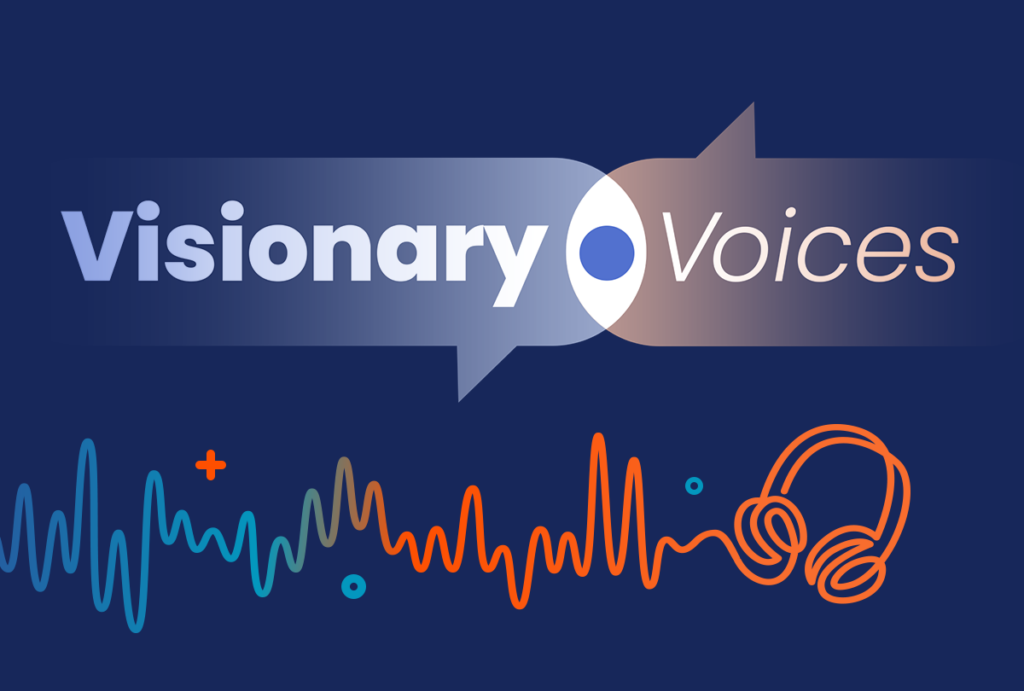
Physician burnout is at a critical point. In this episode, Nicky speaks with Dr Alfred Atanda about why so many physicians are burning out and what can be done to change the trend. From personal experience to system-wide solutions, Dr Atanda shares valuable insights on improving physician well-being and building a more effective healthcare culture.

In this episode, we explore the future of continuing medical education (CME) with the team behind touchIME. Hannah Fisher and Matthew Goodwin share insights into global and US trends, the importance of patient inclusivity and how educational outcomes are evolving to better measure the direct impact of learning on clinical practice and patient care.
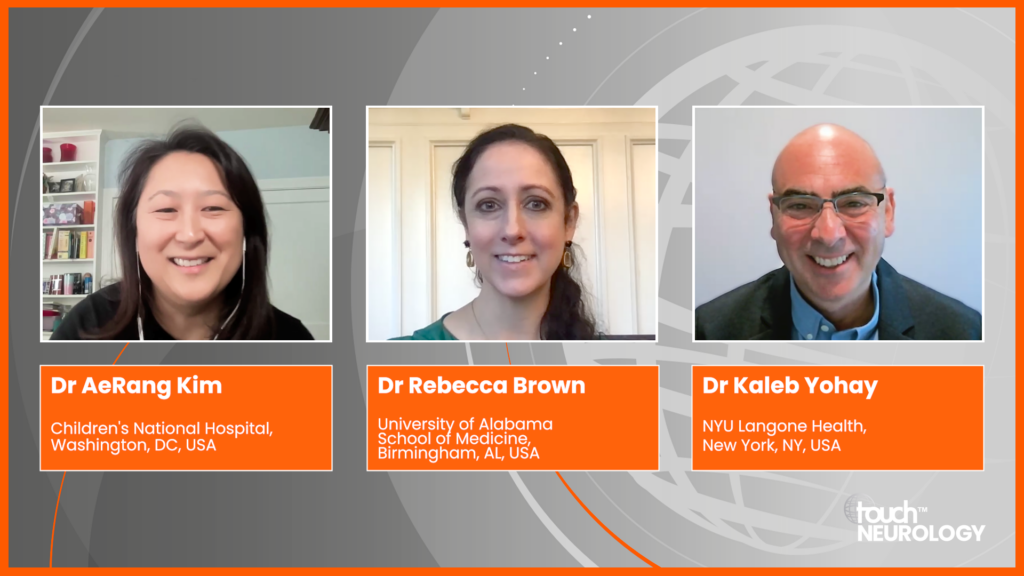
Three experts share insights into the treatment and care of patients with NF1 from childhood to adulthood.

In this episode, we’re joined by Bradley Love, Professor of Cognitive and Decision Sciences at UCL, ELLIS fellow, and creator of BrainGPT. We discuss how this large language model is poised to assist researchers in advancing their work.

Brain metastases (BM) are the most frequent among intracranial brain tumours and their incidence is rising as therapeutic advances are improving the survival of patients with advanced cancer. The incidence of BM has been calculated as 9–17% based on various studies, ...
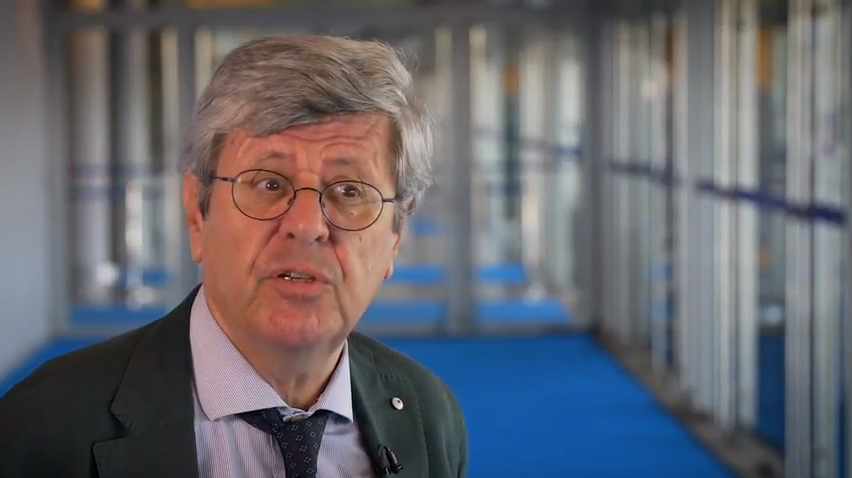
Riccardo Soffietti (EAN Programme Committee; Chairman, Department of Neuro-Oncology, University and City of Health and Science Hospital, Turini, Italy) talks to us about the topic of the symposium he participated in entitled: Advances in molecular characterisation and personalised therapies in ...
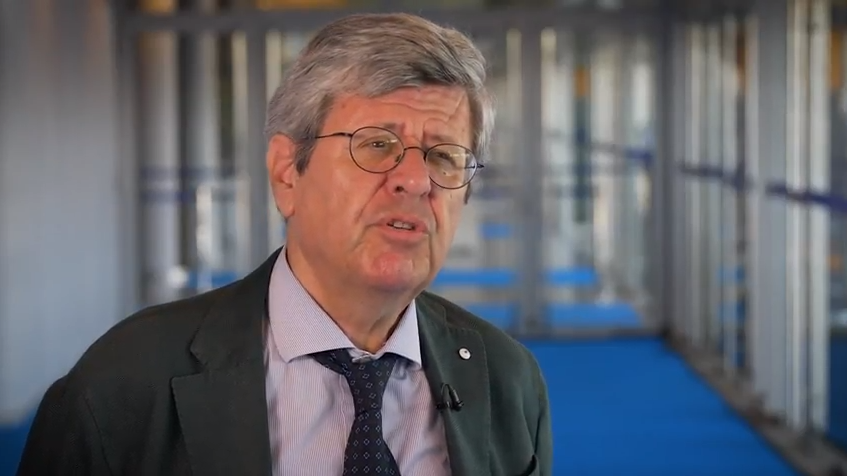
Riccardo Soffietti (EAN Programme Committee; Chairman, Department of Neuro-Oncology, University and City of Health and Science Hospital, Turini, Italy) talks to us about the topic of the symposium he participated in entitled: Advances in molecular characterisation and personalised therapies in ...
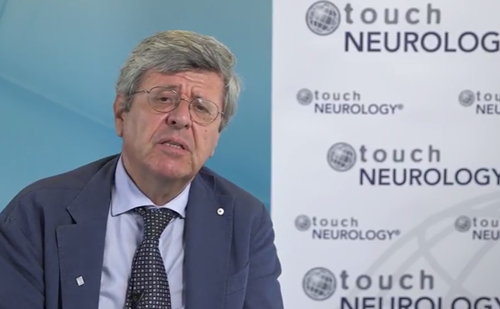
EAN Programme Committee Member, Prof. Riccardo Soffietti, provides his insights on neuro-oncology coverage at this year’s EAN congress. Part 3 of 3. View Part 1 here. View Part 2 here. Speaker disclosures: nothing to disclose in relation to this video interview. Filmed at ...
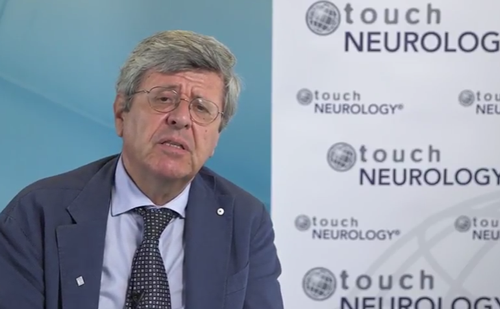
EAN Programme Committee Member, Prof. Riccardo Soffietti, talks about unmet needs and what he considers will be the most exciting/promising developments in neuro-oncology over the next 2 years. Part 2 of 3. View Part 1 here. View Part 3 here. Speaker disclosures: nothing to ...
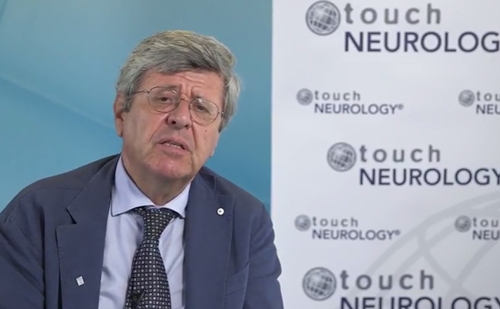
EAN Programme Committee Member, Prof. Riccardo Soffietti, discusses the most significant recent developments in neuro-oncology. Part 1 of 3. View Part 2 here. View Part 3 here. Speaker disclosures: nothing to disclose in relation to this video interview. Filmed at the 3rd Congress of ...
Latest articles videos and clinical updates - straight to your inbox
Log into your Touch Account
Earn and track your CME credits on the go, save articles for later, and follow the latest congress coverage.
Register now for FREE Access
Register for free to hear about the latest expert-led education, peer-reviewed articles, conference highlights, and innovative CME activities.
Sign up with an Email
Or use a Social Account.
This Functionality is for
Members Only
Explore the latest in medical education and stay current in your field. Create a free account to track your learning.


